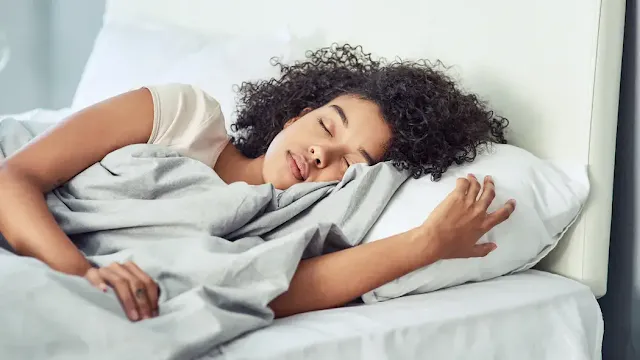In Japan, researchers at the University of Tsukuba claim that the quality of sleep depends on bacteria that help make neurotransmitters. Research has been done on mice.
To sleep well, everything happens ... in the stomach. In Japan, researchers at the University of Tsukuba, led by Prof. Masashi Yanagisawa, investigated the power of bacteria in the gut. In a new study, they detailed how they can alter the environment and contents of the intestines in mice. A role that would also have an impact on behaviors such as sleep.
For this experiment, the researchers gave a potent cocktail of antibiotics to a group of mice for four weeks. They then compared their intestinal contents to control mice with the same diet. The research team found significant differences between the metabolites of microbiota-depleted mice and others.
Sleep analysis
"We found over 200 differences in metabolites between groups of mice. About 60 normal metabolites were missing in microbiota-depleted mice, and the others differed in quantity, some more and others less than in control mice," note the authors of this study. Next, the researchers found that the biological pathways most affected by antibiotic treatment were those involved in the manufacture of neurotransmitters. In addition, the team found that the mice were deficient in metabolites of vitamin B6, which accelerates the production of the neurotransmitters serotonin and dopamine.
The team also analyzed the mice's sleep by examining brain activity. They found that mice that lacked microbiota had more REM and non-REM sleep at night, the time when mice are believed to be active. Conversely, they displayed less non-REM sleep during the day when mice should be sleeping primarily. Concretely, the mice depleted in microbiota switched between the stages of sleep and wakefulness more frequently than the controls. For Prof. Yanagisawa, the lack of serotonin is the culprit of these sleep abnormalities: "We have found that microbial depletion eliminates serotonin in the intestine, and we know that the levels of serotonin in the brain can affect cycles. sleep / wakefulness. Thus, changing a few microbes are in the gut by altering the diet has the potential to help those who have trouble sleeping ”.


0 Comments